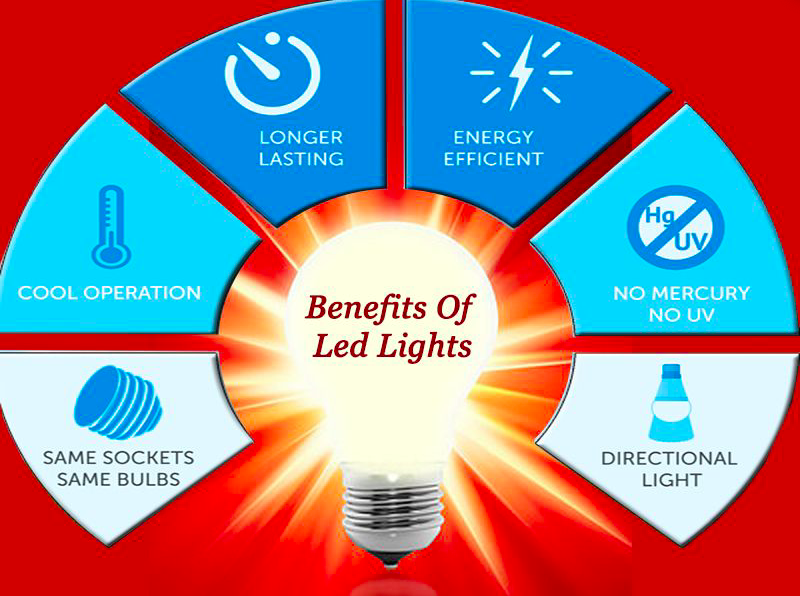Thanks to Mike Merchant of Bellingham Covenant Church for this story about how new LED light fixtures are saving money while also reducing his church's carbon footprint.
At Bellingham Covenant Church, in Washington state, the facilities manager has been said to light up if asked about the energy savings the church is enjoying after converting to energy-efficient, outdoor LED lights. Grady Henderson credits the Lead Team at the church and persistent church members for supporting the transition, and he couldn’t be more pleased with the new LED parking lot lights recently installed with the help of church member and electrician Jeremy Chatelain.
“Jeremy did a very professional job getting 30 feet in the air to install the new lights,” said Grady. Together Grady and Jeremy changed out over 30 sodium vapor light fixtures for LEDs.
For churches and many businesses, lighting can account for over 40% of total energy use. And savings from this simple switchover to LEDs will have long-term benefits, not only for the church budget but for the environment as well.
“The outdoor lights are on ‘dusk to dawn’ every day of the year,” Grady said. According to Puget Sound Energy (PSE), the transition should save the church $5,000 a year, paying for itself in less than a year.
According to PSE, “LED bulbs use around 80% less energy than incandescent bulbs and around 20% less than CFL bulbs.” For this reason, the utility company often provides help and incentives for small businesses to make the transition.
Grady recalls that the day after replacing all the parking lot fixtures he got a call from a PSE representative asking, “What have you done at your building?” After hearing that the church had changed all its outdoor lights, he said, “We are already seeing a 25% reduction in your energy usage.” And then… “So when are you going to do the inside?”

Although the church was interested in improving indoor light efficiency, the process was more complicated, says Grady. For one thing, they have a lot of indoor lights—and they are different kinds. And estimates for replacing indoor lights were more expensive than outdoor light replacement. Government incentives for energy conservation are available to many small businesses, but there were no programs to help churches—which are not generally big energy users.
The lead team at BCC had decided to go ahead with lighting improvement anyway when Grady reached out to PSE one more time to see if there were any new programs specifically for churches to help cover the cost of LED retrofitting (estimated to cost $23,000).

“It was a godsend,” says Henderson. PSE had just changed its eligibility guidelines to include churches with daycares or preschools. “After hearing this, we immediately had a PSE representative out to inspect the building. He told us we qualified to have the materials and labor to replace all the indoor lights in the church building at no cost to the church.” This included 632 four ft-long fluorescent bulbs, 47 can lights, and 16 giant metal halide lights (in the multipurpose room).
The utility estimates the church will save 67K kWh per year by replacing the indoor lights. Together with the savings from outdoors, the annual savings should come to 112,000 kWh in annual savings. This is equivalent to the amount of energy needed to power ten detached residential homes, based on average estimated home-energy use provided by the U.S. Energy Information Administration. “Even the PSE rep was elated when they learned that BCC was ready to proceed with the upgrade,” he said.
Ultimately, the church could save approximately $12,000 per year once both indoor and outdoor lights are replaced (at $0.11 per kWh). “The indoor phase of the project should be completed sometime this winter,” Grady says. “And we’ve taken care to make sure the lights are of compatible brightness and temperature to the existing lights. So no one should really notice a difference.”
Anyone interested in incentives for energy conservation projects should check out the Small Business Energy Assessment web site. And if your church wants to learn more about this project, you can reach Mike Merchant at mike.merchant@yahoo.com.